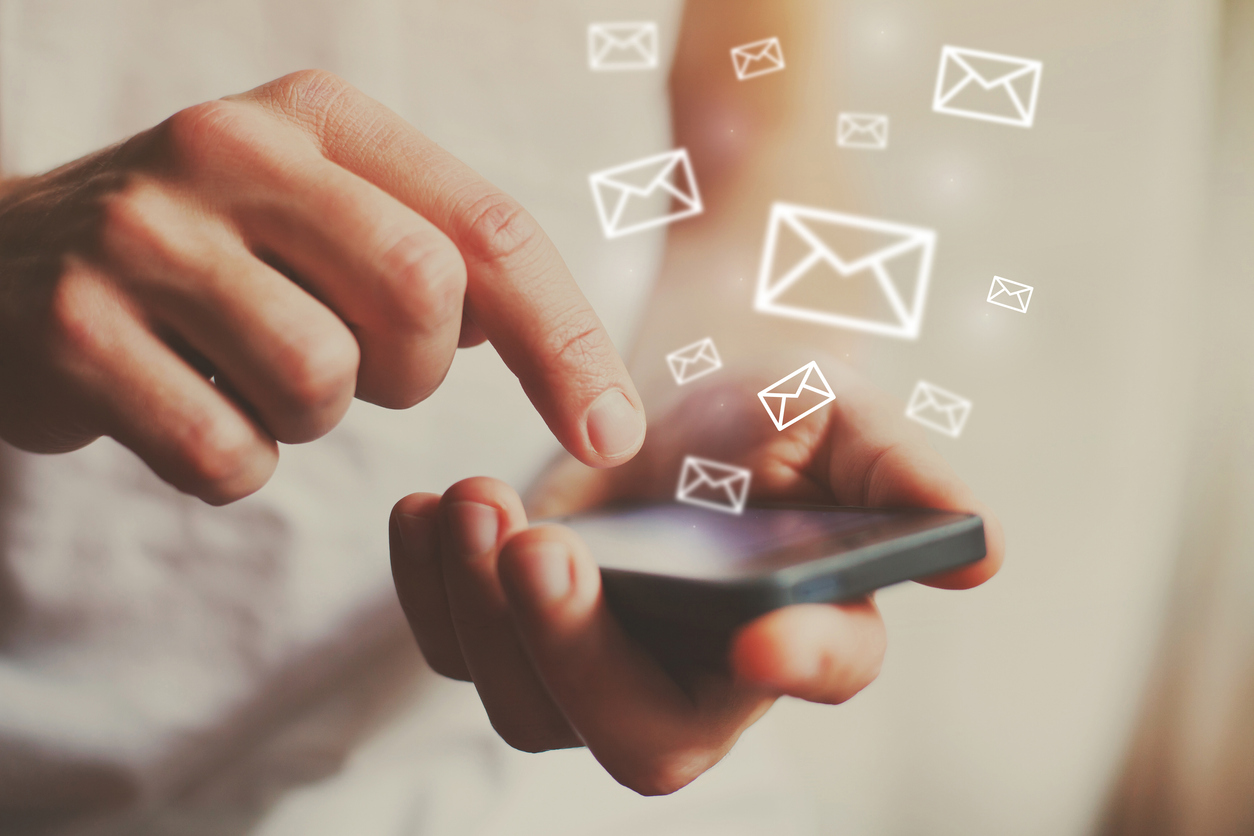
The world of email marketing is undergoing a transformative shift with the integration of Artificial Intelligence (AI) technology. For decades, businesses have relied on email marketing as a means of communication with their customers. However, with the advancement of AI, digital marketing as a whole is evolving at an unprecedented pace. In this blog, we’ll explore how AI-powered strategies are revolutionizing email marketing and helping businesses achieve higher conversion rates. We’ll also delve into the benefits of AI, such as personalization, automation, predictive analytics, and A/B testing, and how businesses can leverage these advantages to stay ahead of the curve in the ever-changing world of marketing.
Personalization is the Key
One of the most significant benefits of AI in digital marketing is its ability to personalize email content. In the past, businesses often sent generic messages to their entire subscriber list. However, AI-powered email marketing has revolutionized how businesses communicate with their audience. Personalization is crucial to arguably any successful marketing campaign, and AI helps to make this process more efficient and effective. By analyzing customer behaviour, preferences, and purchase history, AI can create tailored emails that truly resonate with their audience and make them feel valued and understood.
Personalized emails can also significantly improve the customer experience and create a sense of connection between businesses and their customers. When customers feel that companies understand their needs and interests, they are more likely to engage with emails and make purchases. Furthermore, personalized emails can lead to higher engagement rates, increased customer loyalty, and, ultimately, higher conversion rates.
Automation for Efficiency
Another benefit of AI in email marketing is automation. AI-powered automation can streamline repetitive tasks, making the email marketing creation process faster and more efficient. This saves valuable time and resources, allowing businesses to focus on other essential aspects of their marketing strategy. An example of this type of automation is triggered emails. These messages are sent to customers based on specific actions they take, such as making a purchase, abandoning a cart, or signing up for a newsletter. By creating automated workflows that trigger emails based on their behaviour, businesses can ensure that customers receive timely, relevant emails without the need for manual intervention.
Additionally, AI-powered automation can help businesses manage their email lists more efficiently. By analyzing customer data, this technology can segment subscriber lists based on specific characteristics such as age, location, or purchase history. This can help businesses create targeted campaigns to send to relevant customer groups, improving the chances of conversions. In addition, by automating email list management, companies can ensure that their email list is up-to-date and free of inaccuracies, leading to a more effective email marketing campaign.
Predictive Analytics for Better Results
Predictive analytics is another powerful tool offered by AI in digital marketing. This feature can help businesses successfully anticipate customer behaviour, such as their likelihood of opening an email, clicking on a link, or making a purchase. By analyzing this data, businesses can optimize email content and delivery times to maximize conversions.
Predictive analytics can also help businesses identify the best-performing email campaigns, so they can adjust their strategy accordingly to achieve even better results. For instance, if a company notices that customers are more likely to make a purchase after receiving a specific type of email, they can adjust their marketing strategy to include more of the content specifically used within that email, leading to higher engagement rates and more conversions.
Moreover, predictive analytics can help businesses identify customers who are at risk of churning. By analyzing customer behaviour, AI can predict when a customer may stop engaging with a business’s emails. This allows companies to take proactive measures, such as sending personalized offers or re-engagement emails, to retain those customers and prevent them from leaving.
AI for A/B Testing
A/B testing is widely used by businesses to optimize their email marketing campaigns. With the help of AI, A/B testing can be taken to the next level by utilizing machine learning to analyze and learn from the results. This lets businesses quickly identify the most effective email variations and to make data-driven decisions to optimize their campaigns. Additionally, businesses can quickly test and analyze multiple variations of an email campaign, including subject lines, content, and calls to action. Machine learning algorithms can then analyze the data and identify which variations perform best with different email list segments. This allows businesses to optimize their email marketing strategy and tailor their messaging to better resonate with their audience.
Furthermore, AI-powered A/B testing can help businesses make data-driven decisions rather than relying on guesswork. By analyzing the results of the A/B testing, companies can understand what resonates best with their audience and adjust their email marketing strategy accordingly, leading to better engagement rates and higher conversions.
Final Thoughts
In conclusion, integrating AI into digital marketing is transforming the industry by offering businesses new ways to personalize content, automate tasks, predict customer behaviour, and optimize campaigns. By leveraging AI-powered strategies, companies can gain valuable insights into their customer’s habits, resulting in more effective, targeted marketing campaigns. However, it’s essential to remember that the use of AI should not replace human interaction with customers. Businesses should strive to create a personal connection with their audience by offering excellent customer service and personalized experiences.
All in all, by combining the power of AI with human touch, businesses can create a winning email marketing strategy that truly resonates with their audience and drives successful engagement and conversions. But, companies must stay up-to-date with the latest technological advancements in marketing and use them to create personalized and efficient campaigns that will effectively reach their target audience. By doing so, they can build strong relationships with their customers, foster loyalty, and ultimately achieve their marketing goals for the future!